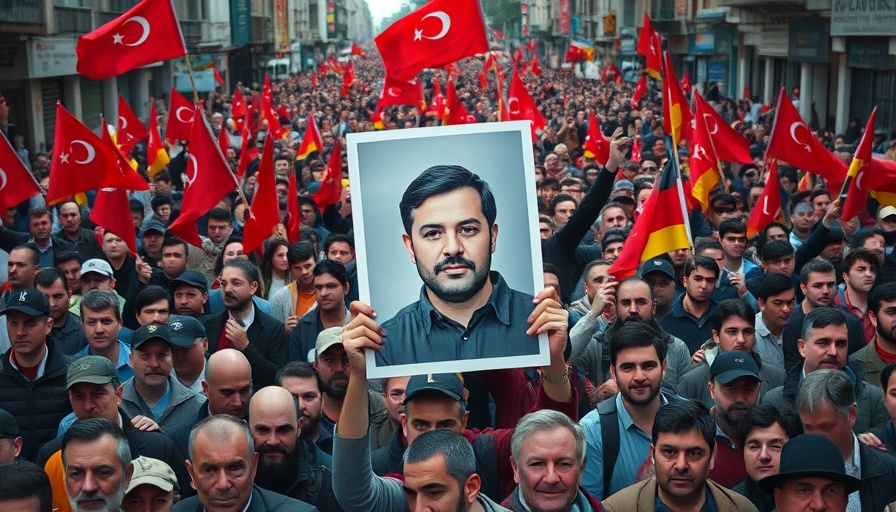
The PKK's Historic Decision: A New Dawn for Kurdish Rights
The announcement by the Kurdish Workers' Party (PKK) to actively consider disbanding marks a significant turning point in decades of conflict, potentially reshaping the political landscape of Turkey and its surrounding regions. Established in 1978, the PKK initially fought for Kurdish independence but later scaled its aims to promoting autonomy and enhanced rights for Turkey's Kurdish population, estimated at around 15 million. Since 1984, this fight has evolved into a grueling insurgency that has claimed approximately 40,000 lives, with the PKK branded a terrorist organization by Turkey and its allies.
In 'PKK to disband, potentially ending decades of conflict in Turkiye,' the discussion explores a pivotal shift in the PKK's strategy, prompting us to investigate the broader implications of this change.
Political Implications and Regional Stability
Abdullah Ocalan, the imprisoned leader of the PKK, recently advocated for a political resolution of the Kurdish issue, signaling a departure from armed struggle. His statement emphasized seeking rights through democratic channels, a shift reflecting the group’s aspirations toward peace. The potential dissolution of the PKK's military structure comes as regional dynamics shift, specifically following the collapse of Bashar al-Assad's regime in Syria, which has long been a point of contention for Turkey. The renewed dialogue about disbanding the PKK could foster greater regional stability and an avenue for constructive negotiations.
The Complex Path Ahead
Despite this hopeful development, the logistics of disarmament are fraught with challenges. A Congress convened by the PKK earlier this month in Northern Iraq underscores the pragmatism required to navigate future steps. As we compare the PKK with its affiliated groups like the YPG in Syria, the intertwined nature of these organizations complicates the narrative of peace and resolution. Both are crucial actors in a broader regional context, and their futures seem inextricably linked.
Looking Forward: Potential Outcomes
The dissolution of the PKK presents a dual opportunity: it could lead to enhanced Kurdish rights and a decline in violence, but it also poses risks as factions may resist disbanding. The international community must closely monitor these developments, as the fate of the PKK will resonate beyond Turkey’s borders, impacting the socio-political fabric across the Middle East. Emphasizing pragmatic and peaceful strategies for conflict resolution could serve as a blueprint for others facing similar struggles.
As these changes unfold, it is crucial for those interested in international politics to stay informed about the evolving situations affecting the Kurdish population and its implications on regional stability. The world must support democratic efforts and seek to understand diverse perspectives in this ongoing narrative.
 Add Row
Add Row  Add
Add 




Write A Comment